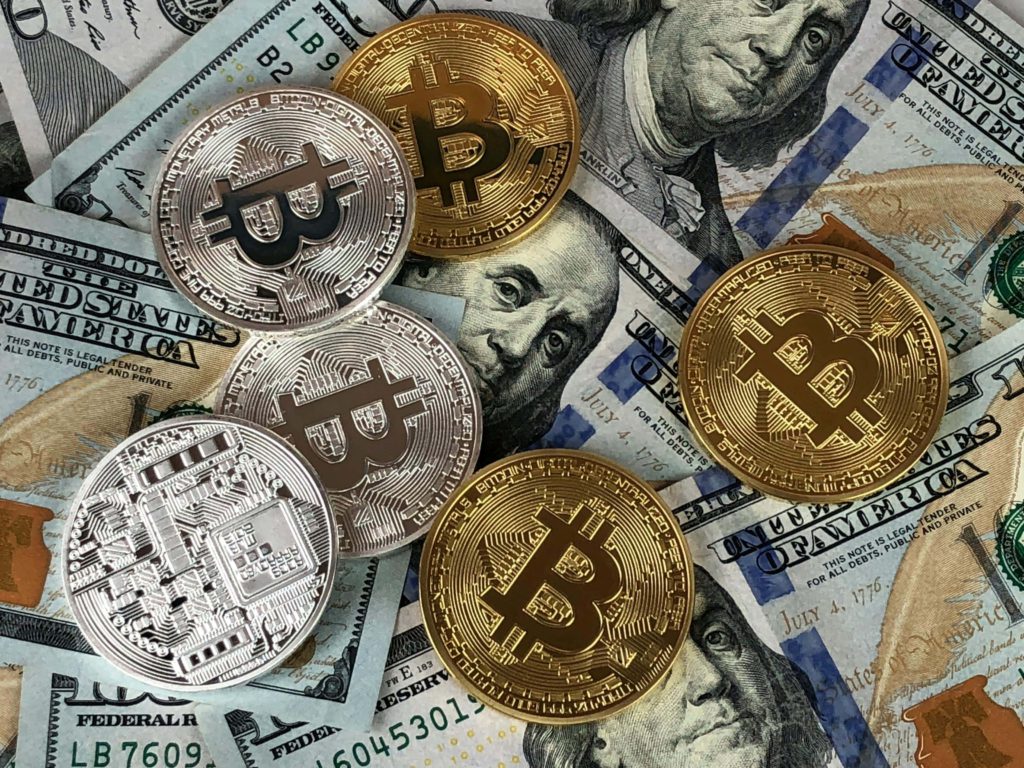Bitcoin is a type of currency that you will never physically own or hold. It is all digital. Found in a digital world. It’s a type of cryptocurrency.

Bitcoin has become a buzzword in the world of finance and technology, but what exactly is it? In simple terms, Bitcoin is a digital currency. Sometimes referred to as cryptocurrency. It operates independently of a central authority, such as a government or bank. Let’s delve into what Bitcoin is, how it works, and why it’s gained so much attention.
What is Bitcoin?
Bitcoin was created in 2009 by an unknown person or group of people using the pseudonym Satoshi Nakamoto. It was introduced as the first decentralised digital currency. Meaning, it’s not controlled by any single entity and operates on a peer-to-peer network of computers.
Unlike traditional currencies like the dollar or euro, which are issued and regulated by central banks, Bitcoin is created through a process called mining. This involves using powerful computers to solve complex mathematical problems, and in return, miners are rewarded with newly created bitcoins.
How does Bitcoin work?
Bitcoin transactions are recorded on a public ledger called the blockchain. The blockchain is a distributed database that stores all transactions made with Bitcoin in chronological order. Each transaction is verified and added to the blockchain by a network of computers, known as nodes, through a process called mining.
When someone wants to send bitcoins to another person, they create a transaction message that includes the recipient’s Bitcoin address and the amount of bitcoins being sent. This transaction is broadcasted to the network, where it’s verified by miners and added to a block of transactions. Once confirmed, the transaction is considered complete. The recipient can access the bitcoins in their digital wallet.
Why is Bitcoin popular?
Bitcoin has gained popularity for several reasons. Firstly, it offers a decentralised and secure way to conduct transactions without the need for intermediaries like banks or payment processors. This appeals to individuals who value privacy and control over their finances.
Secondly, Bitcoin has a limited supply. With only 21 million bitcoins ever to be created. This scarcity has led to its value increasing over time. Making it an attractive investment opportunity for some.
Finally, Bitcoin’s technology, particularly the blockchain, has the potential for various applications beyond currency. Such as smart contracts, supply chain management, and digital identity verification.
In summary, Bitcoin is a digital currency that operates independently of central authorities. Using a decentralised network and blockchain technology to facilitate secure transactions. While it’s still relatively new and evolving, Bitcoin has sparked interest and excitement among individuals and businesses looking for alternatives to traditional financial systems.






